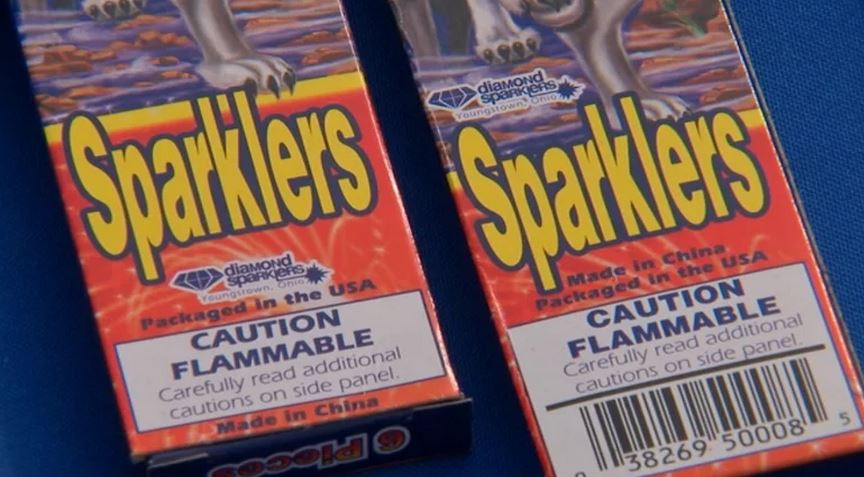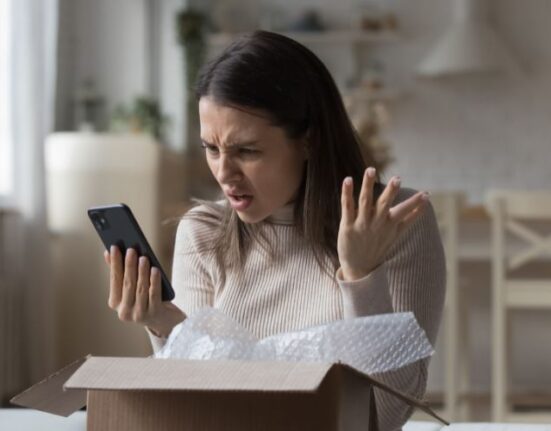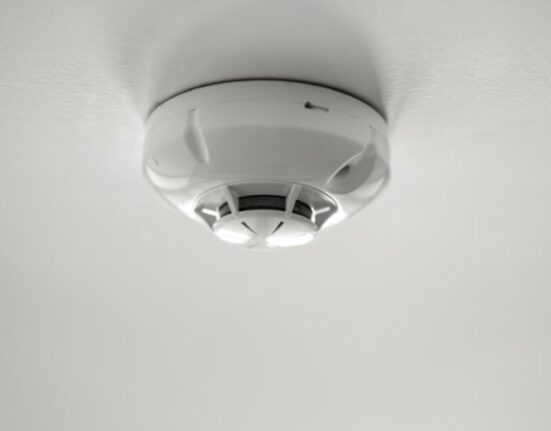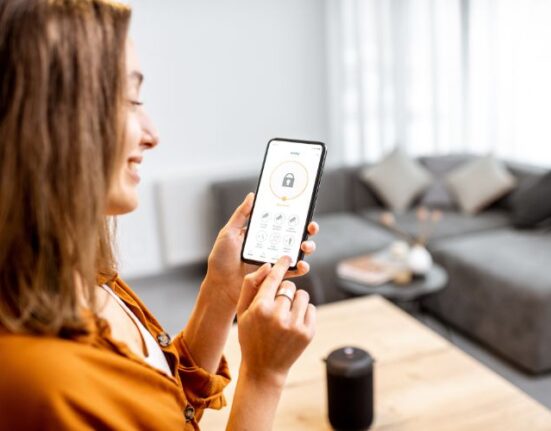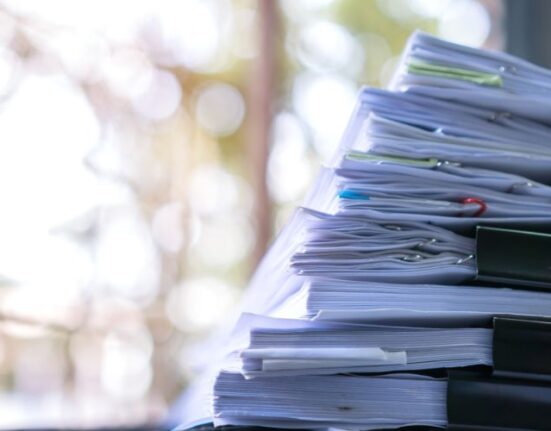Americans have a longstanding tradition of enjoying hot dogs, hamburgers and apple pie at family gatherings to celebrate Independence Day. Some festivities also include fireworks. Unfortunately, what may seem like harmless fun with fireworks, can quickly turn into a tragedy.
In 2014, this became a reality for thousands of families. According to our most recent fireworks report, 11 consumers were killed (up from eight in the previous year) and more than 10,000 (down from more than 11,000) were injured by fireworks.
Here’s a particularly troubling aspect of these incidents: three of the victims who died were not even present where fireworks devices were being used. Our report describes:
• a 19-year-old female died from smoke inhalation after a sparkler was thrown into a second floor window and ignited a fire inside her home; and
• an elderly couple killed in a house fire when debris from the neighbor’s fireworks ignited their home.
These reports remind us that improper fireworks use can be deadly to the user and also harmful to friends, loved ones and neighbors. Other fireworks incidents have become deadly when banned, professional or homemade devices are involved.
CPSC is well-known for our fireworks demos on the National Mall, and we were out there this morning, showing what can go wrong with both legal and illegal fireworks.
Last year, children younger than 15 experienced the highest rate of injury. Parents, at times, feel comfortable giving children fireworks devices that are perceived to be less powerful, such as sparklers and bottle rockets. In 2014, sparklers and rockets accounted for more than 23 percent of all estimated fireworks injuries.
Consumers who decide to purchase legal fireworks are urged to take these safety steps:
• Make sure the fireworks you want to buy are legal in your area before buying or using them.
• Never allow young children to play with or ignite fireworks, including sparklers. Sparklers burn at temperatures of about 2,000 degrees─hot enough to melt some metals.
• Do not buy fireworks that are packaged in brown paper, which is often a sign that the fireworks were made for professional displays.
• Never place any part of your body directly over a fireworks device when lighting the fuse. Back up to a safe distance immediately after lighting fireworks.
• Keep a bucket of water or a garden hose handy, in case of fire or other mishap.
• Never try to relight or handle malfunctioning fireworks. Soak them with water and throw them away.
• Never point or throw fireworks at another person.
• Light fireworks one at a time, then move away from them quickly.
• After fireworks complete their burning, douse the spent device with plenty of water from a bucket or hose before discarding the device to prevent a trash fire.
The CPSC works with the fireworks industry, monitor incoming fireworks shipments at the ports and enforce federal fireworks safety rules so that all Americans have a safe and enjoyable Fourth of July.












